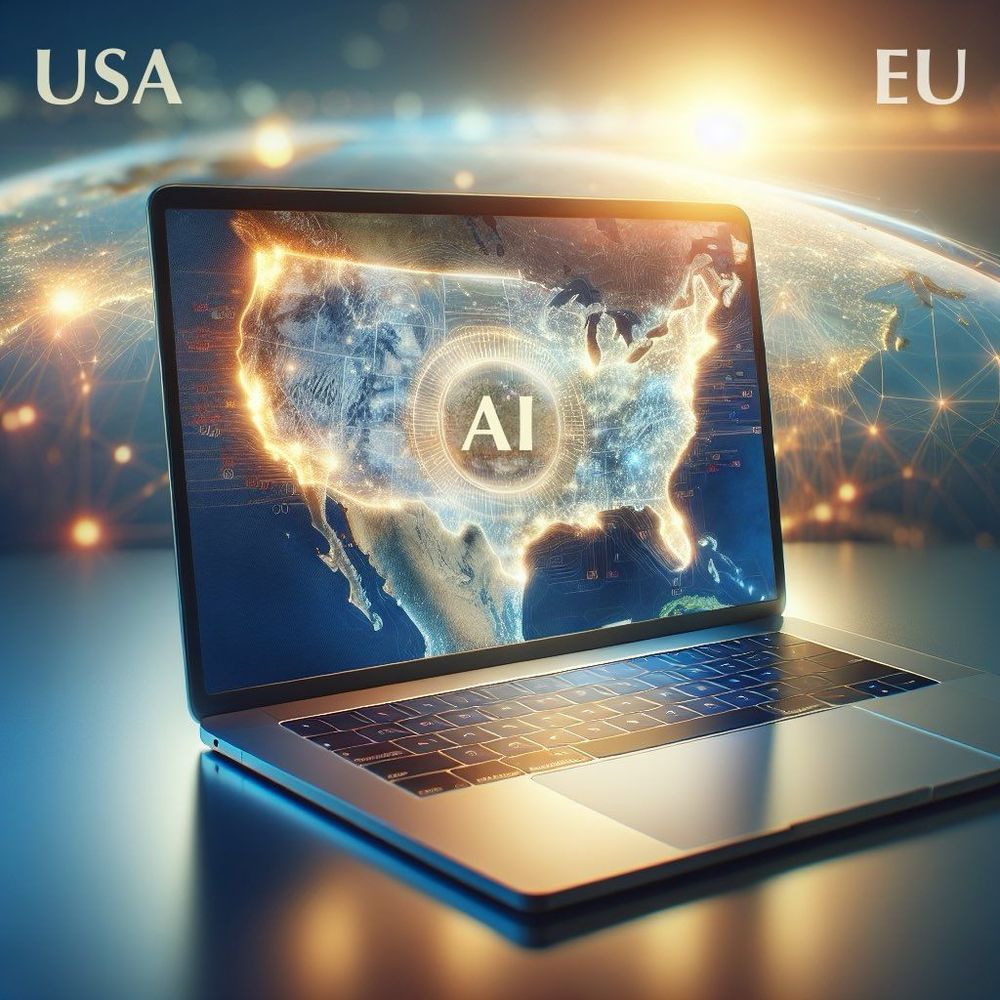BLOG
The AI Agent Revolution: What Lies Ahead for Startups in the USA and Europe by 2025?
Latest
- Bridging the Gap: How Inventors ...
- The AI Talent Race: A Double-Edg...
- Generative Artificial Intelligen...
- Strategic Analysis: Unlocking th...
- Why Generative AI Often Fails to...
- 5 Must-Know AI News Stories from...
- The AI Agent Revolution: What Li...
- The AI Odyssey: What Nvidia’s St...
- Navigating Business Funding and ...
- Riding the AI Waves: The Evolvin...
- The Future of Business: 6 Ways D...
- Generative AI Revolution: The Ne...
- Review: Generative AI’s Act o1 -...
- AI Investment Trends for October...
- Responding to Geoffrey Hinton: D...
- The Evolving Role of the Technol...
- The Future of Business Strategy:...
- Can Venture Capital Weather the ...
- Enterprise Artificial Intelligen...
- Understanding the EU Artificial ...
Show More
Tags
RESET
ai
AI Adoption
AI Applications
AI Budget
AI Customization
AI Implementation
AI in Business
AI Investment
AI Models
AI Performance
AI ROI
Artificial Intelligence
Business Innovation
Business Strategy
Cloud AI
Competitive Advantage
Digital Transformation
Enterprise AI
Funding
safety
strategy
Venture Capital



 a part of Johnsons Holdings Group. All Rights Reserved.
a part of Johnsons Holdings Group. All Rights Reserved.